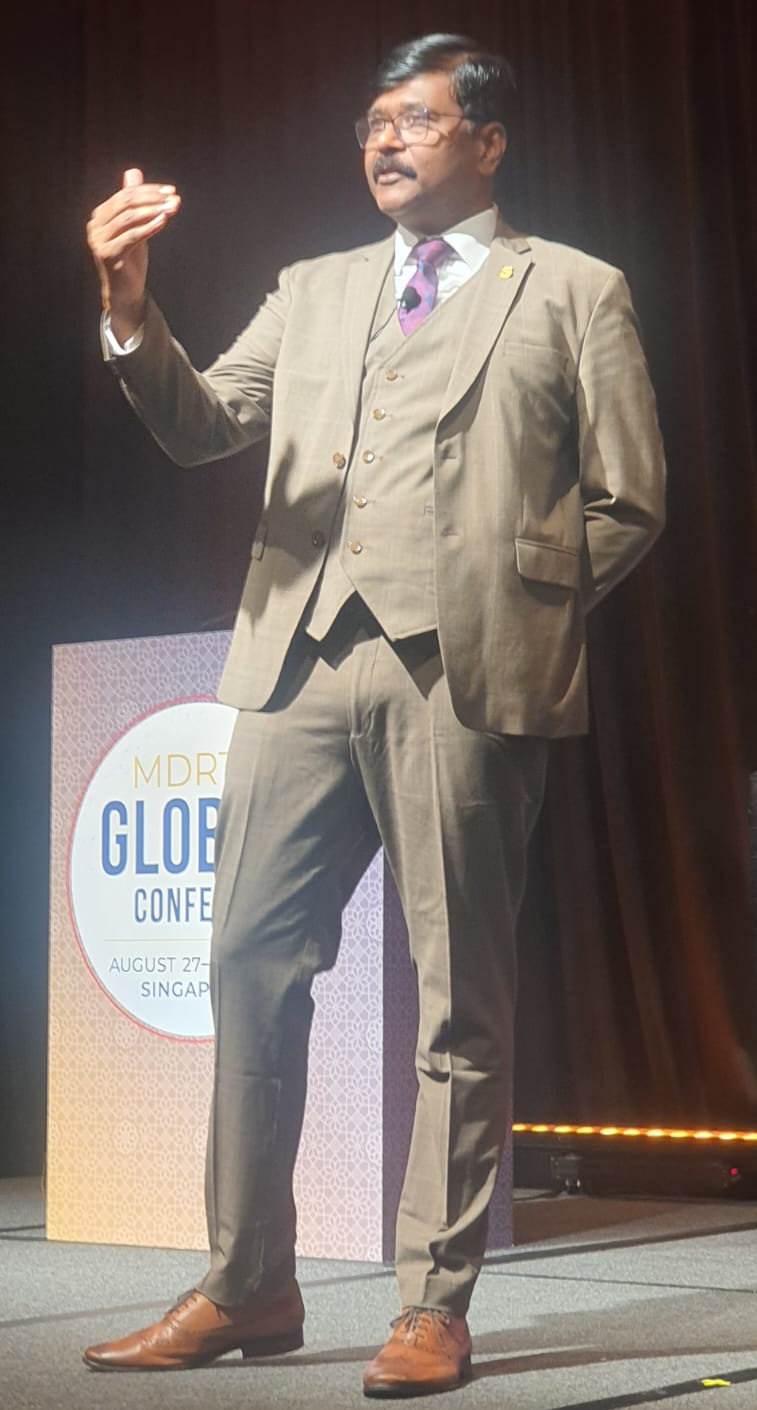
Sudhakar Gabriel
Multi-Generational Planner and Financial Structure Innovator
About
Sudhakar Gabriel is a pioneer in the field of multi-generational wealth planning. He is a forerunner in the development of innovative financial solutions & services. He has added tremendous value with his unique financial structures and approach. He has 22 years of financial services expertise and has spoken at The Premier Association of Financial Professionals in the United States and Singapore.
Sudhakar Gabriel is an internationally recognized estate planning advisor who is known for his innovative and ground breaking financial solutions for the wealthiest individuals across the world.

Elite Wealth Solutions by Sudhakar Gabriel
Family Office
Family Office needs in terms of wealth management and estate planning are frequently complex. They can get the adaptability and personalization they need from Sudhakar Gabriel along with possible tax advantages and privacy.
Organizations and significant shareholders
Sudhakar Gabriel provides solutions that clients can utilize to transfer and manage business assets as well as to offer executive remuneration packages. Additionally, they can profit from possible tax reductions and asset protection.
People/Families who wish to consolidate their possessions and have assets across borders
Holding assets in several countries can be difficult and expensive. Consolidating and streamlining the administration of these assets in an effective tax-saving manner may be possible using his solution.
Families interested in planning for multi-generational wealth
Because many families decide to divide assets after multiple generations, which reduces the value and power of investing capacities, his solution which assists a structure that may be ideal for such forward-thinking families.
